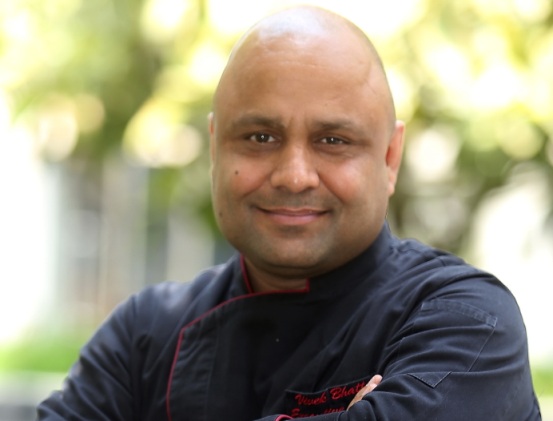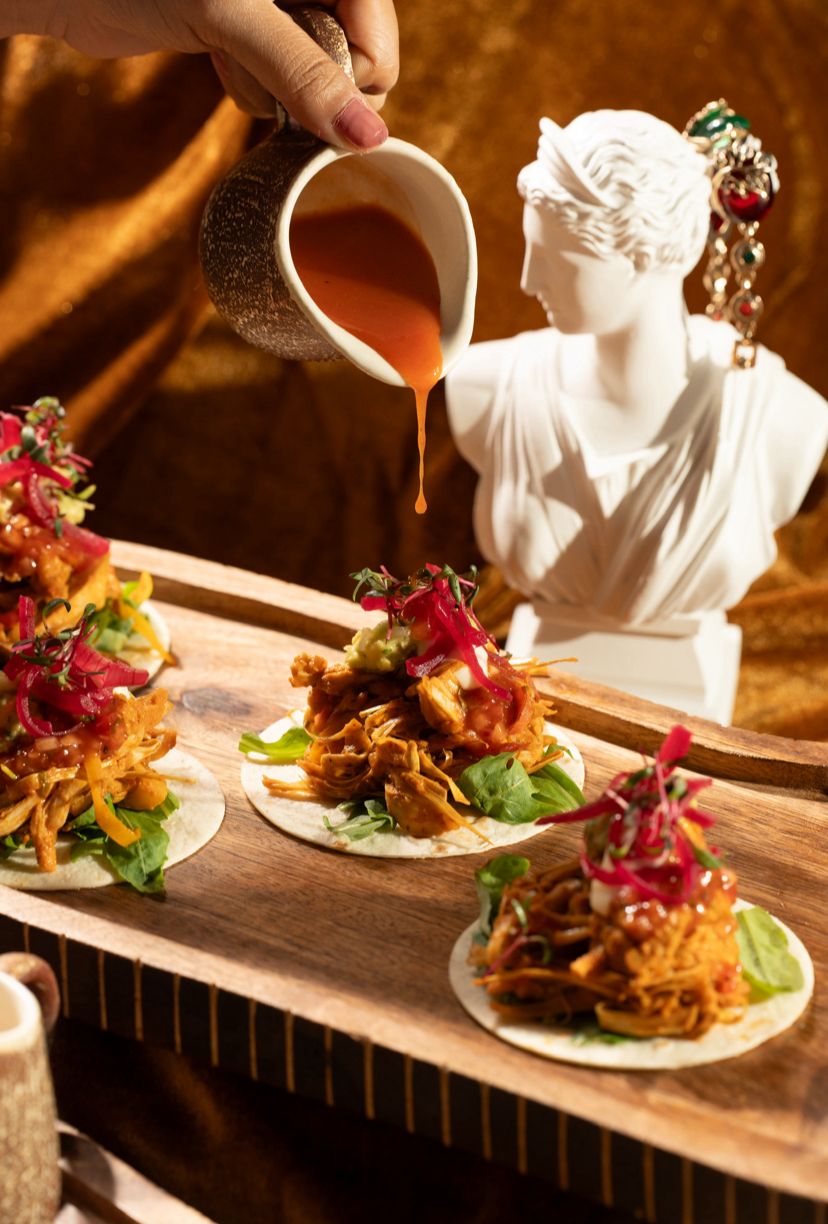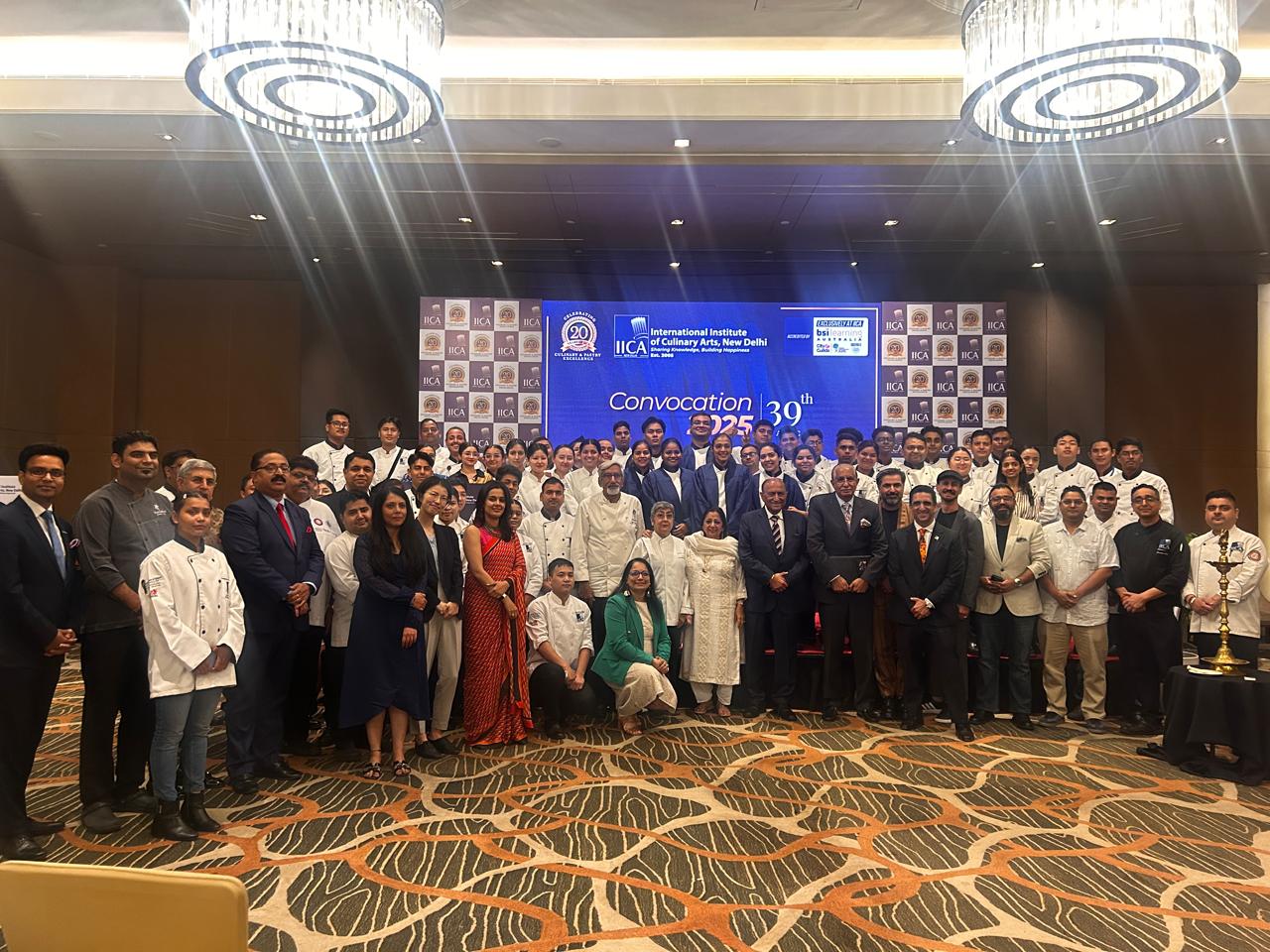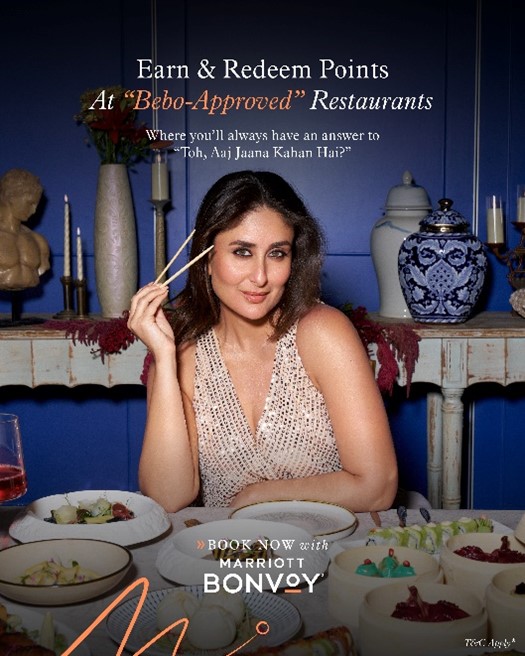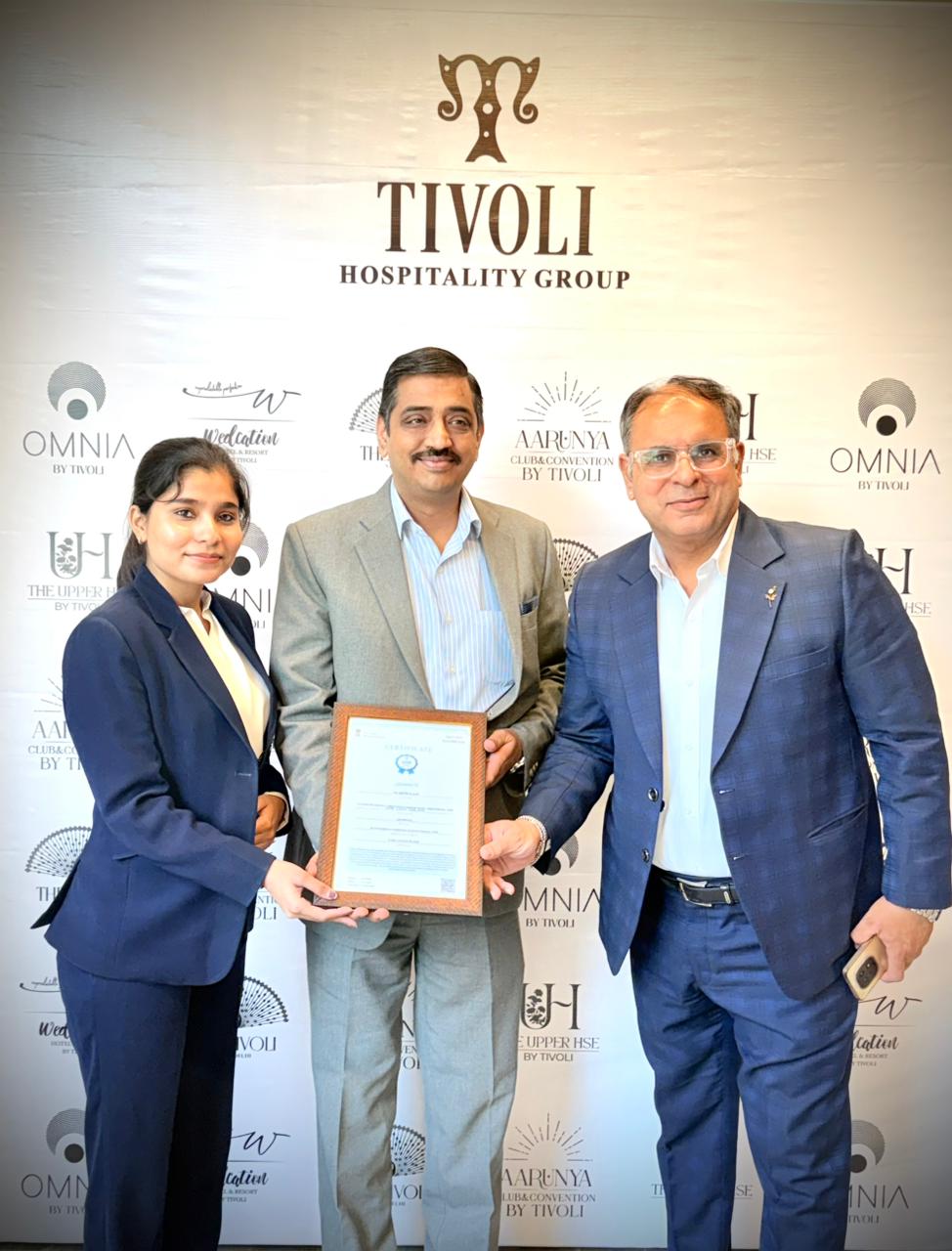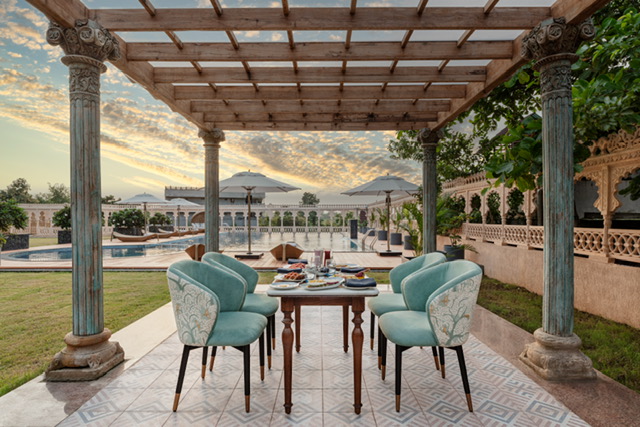JW Marriott has made a niche in the market with its signature restaurants. Vivek Bhatt, Executive Chef, JW Marriott Hotel New Delhi Aerocity, talks about the USP of the restaurants, their marketing strategies, and the evolution of the culinary scene in the market.
HT Bureau
Tell us about the USP of the restaurants housed in the hotel.
Each of our restaurants has crafted a niche for itself with its consistent food and service quality, and the array of options available to choose from in both vegetarian and non-vegetarian variants. K3 is very popular for a scrumptious buffet, offering an array of delectable cuisines ranging from Cantonese and Tuscan to Indian (Mughlai). The Sunday brunch at K3 is one of the best in town. Akira Back serves renowned chef Akira Back’s modern Japanese cuisine with a Korean essence, while JW Lounge is the perfect place to meet over a cup of tea and sliders or an intimate meeting in the cabanas over some of our signature beverages. Delhi Baking Company is revered for its delicious pastries, sandwiches, tea, coffee, and single origin chocolates.
What is your marketing strategy to promote F&B in the hotel?
A marketing strategy varies from restaurant to restaurant. For K3, it is our regulars, demographically selected Club Marriott members, and table management systems, portals, and social media. The idea is to project and sustain its image as the best buffet restaurant and New Delhi’s food theatre. For Akira Back, we focus primarily on HNIs, corporates, high-end associations, and our database of high-spenders. We market Delhi Baking Company for its freshly baked breads, scrumptious cakes, pastries, and sandwiches. JW Lounge is majorly for walk-ins and our resident guests.
Who are your diners?
All demographics from local residents, HNIs, CEOs, and expats to the most renowned corporate houses form part of our client base.
How challenging is organising large scale events? How do you cope with the challenge?
Huge gatherings make delivery of service more interesting rather than challenging. With guests from various demographics, it becomes essential for us to deliver timely and flawlessly, and at the same time, strive to exceed their expectations with excellent food.
How has the palate of diners evolved over the years?
People have become more aware of what they want and how they want it. Our guests are accomplished travellers who are well versed with a variety of cuisines available across the globe. This new age, globe-trotting trend has subtly compelled people to try out new cuisines and hence, helped them in expanding their experience with food. The same is applicable for restaurant and hotel owners, who are well travelled and have brought new ideas and innovations to the F&B industry in India, providing Indian audiences increased options to choose from.
In terms of food habits, do you see a transition in the region?
Health and wellness have majorly taken over food and dietary requirements, and it has grown leaps and bounds. Emphasis is now also on fresh produce turned into authentic delicacies by our master culinary craftsmen.
How do you respond to guest requests for modification to food?
We strongly believe in serving authentic, handcrafted dishes to our patrons as we want them to experience the real taste of a dish, in turn allowing their palates to experience different options.
For a restaurant to run in the long haul, what are the few things that are imperative?
Every interaction in the dining area must be in perfect harmony. Be it quality of food, quality of service or other food and service-related interactions with guests, their feedback works as building blocks for a restaurant’s success, profitability, and sustainability.
Tell us something about your signature dishes.
Our signature dishes are very different from others. Often, what is a signature for them will most likely be available in our regular buffet or food items. When we say signature, we definitely want to deliver an exceptional gastronomic experience to our guests.


